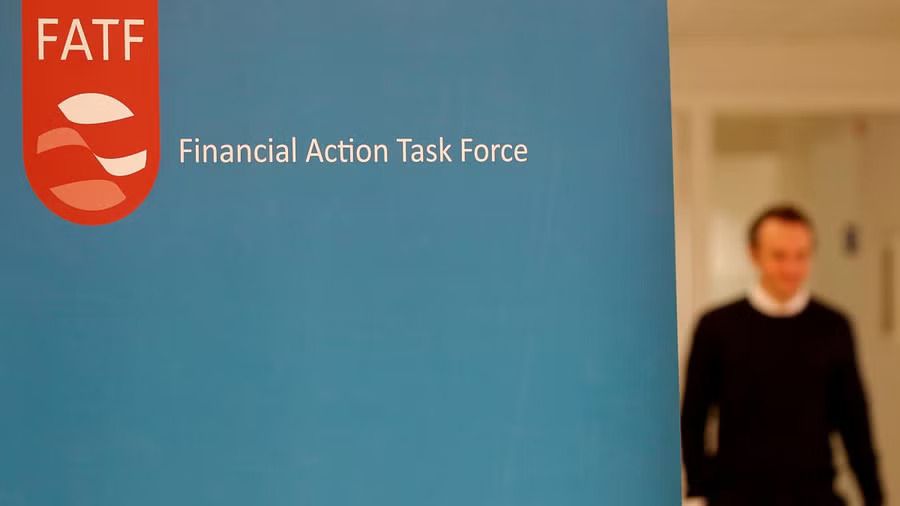The Modi government in India finds itself under scrutiny by the Financial Action Task Force (FATF) due to allegations of the “misuse” of laws to target non-governmental organizations (NGOs). This headline highlights a growing concern over the government’s approach to regulating and monitoring the activities of NGOs, both domestic and international.
The Financial Action Task Force (FATF) is an intergovernmental organization established to combat money laundering, terrorist financing, and other threats to the integrity of the international financial system. Countries that fall under the FATF scanner can face potential economic and diplomatic consequences, making this development significant.
The use of the term “misuse” implies that some laws or regulations may be wielded in a manner that goes beyond their intended purpose. In this case, it suggests that the Indian government may be employing legal instruments to target NGOs for reasons other than those they were originally designed for, possibly in an attempt to stifle dissent, restrict the activities of NGOs, or curtail their influence.
NGOs play a crucial role in civil society, addressing a wide range of issues, from humanitarian aid to human rights, environmental protection, and public health. However, their activities can sometimes be seen as challenging the government’s policies or decisions, leading to tensions between NGOs and the authorities.
The use of laws to target NGOs is a matter of global concern, as it raises questions about the space for civil society and the freedom to operate without undue interference from governments. This situation also has implications for India’s international standing and its reputation as a democracy that upholds the rule of law and respects human rights.
It’s important to note that while regulations are necessary to ensure transparency and accountability in NGO activities, their application must be fair and impartial, with due regard for the principles of freedom of association and expression. The allegations of misuse should prompt a thorough and transparent review of how these laws are being enforced, ensuring that they do not hinder the legitimate work of NGOs in addressing important social and environmental issues.
In summary, the scrutiny of the Modi government by the FATF over allegations of the misuse of laws against NGOs reflects a broader debate about the role of civil society and the balance between government authority and individual freedoms. It underscores the importance of ensuring that regulations aimed at promoting transparency do not undermine the vital work of NGOs in advocating for social and environmental causes.
Sponsored
FACTS Transcripts
Apply for a University document anywhere
https://www.factstranscript.com
Quick Transcripts for popular Universities, check your University name now and get started. We help you to get your transcript application online which is accepted for use of IRCC.
No DD, NO Paperwork. 100% Authentic, Reliable.
FACTS Transcripts Charges · Reviews · Assam Universities · Home · Know your University











